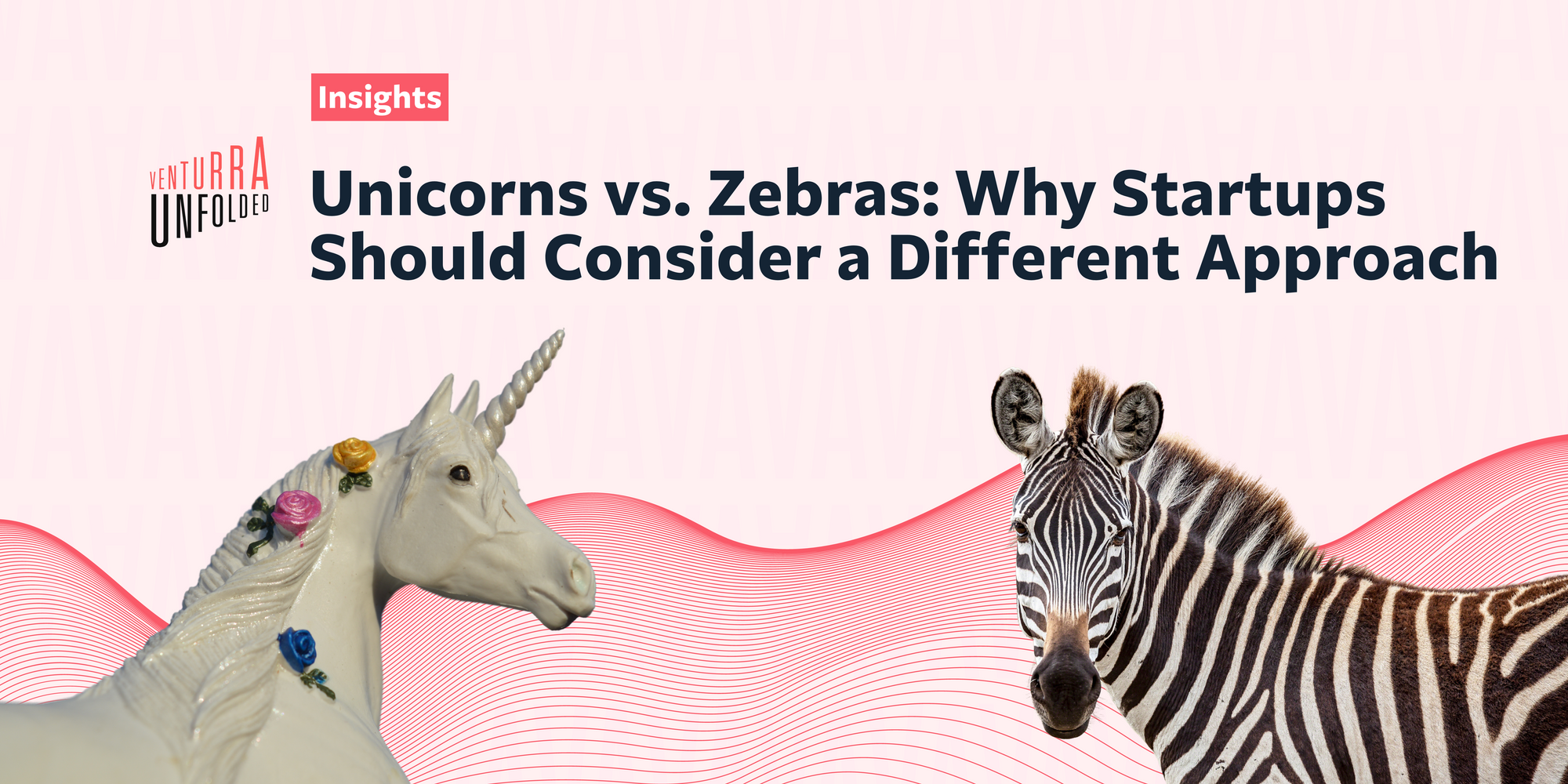Unicorns vs. Zebras: Why Startups Should Consider a Different Approach
Startups are often told to aim for unicorn status, but the focus on rapid growth and massive valuations can come at a cost. Zebras, on the other hand, prioritize sustainability and community impact. Learn why the zebra approach may be the better choice for your startup

It's no secret that the startup world is obsessed with unicorns - those rare companies that achieve a valuation of $1 billion or more. But what if we told you that there's a different kind of startup that's gaining traction? Zebras.
While unicorns are focused on growth at all costs and achieving that coveted billion-dollar valuation, zebras prioritize sustainability, community, and profit. This article will explore the zebra movement and why startups should consider this alternative approach.
What Are Zebras?
Zebras are startups that prioritize values such as sustainability, social responsibility, and community. The term was coined by Jennifer Brandel, Mara Zepeda, Astrid Scholz, and Aniyia Williams, who founded the Zebra movement in 2017.
Unlike unicorns, which often prioritize growth above all else, zebras focus on building sustainable and profitable businesses that benefit the community and the environment. They reject the "move fast and break things" mentality that's common in the tech industry and instead prioritize long-term growth and impact.
Why Zebras Are Gaining Traction
As the startup world becomes increasingly focused on growth at all costs, more and more founders are questioning whether this is the right approach. Zebras offers an alternative - a way to build a successful business while also making a positive impact.
One reason why zebras are gaining traction is that consumers are becoming more socially conscious. They want to support businesses that align with their values and positively impact the world. Zebras are well-positioned to meet this demand.
Another reason why zebras are gaining traction is that the traditional startup model is flawed. Many startups that prioritize growth above all else end up burning out, failing to achieve their goals, or sacrificing their values in the pursuit of success. Zebras offers an alternative approach that prioritizes sustainability, community, and profit.
How Zebras Approach Funding
One of the biggest differences between unicorns and zebras is their approach to funding. Unicorns often rely on venture capital funding to achieve their growth goals. Zebras, on the other hand, are more likely to seek out alternative forms of funding that align with their values.
For example, zebras might turn to community funding, crowdfunding, or impact investing. These forms of funding allow zebras to prioritize sustainability and community while still achieving their growth goals.
How Zebras Measure Success
Another key difference between unicorns and zebras is how they measure success. Unicorns often focus on achieving a billion-dollar valuation, regardless of the cost. Zebras, on the other hand, measure success based on a variety of factors, including social impact, sustainability, and community engagement.
Zebras also prioritize long-term growth over short-term gains. They're less likely to prioritize rapid growth at the expense of sustainability and profitability. Instead, they focus on building a business that can continue to grow and make a positive impact over the long term.
Why Startups Should Consider the Zebra Approach
While unicorns may seem like the ultimate goal for many startup founders, the reality is that they're not always sustainable or profitable. Zebras offers an alternative approach that prioritizes sustainability, community, and profit.
By focusing on these values, zebras can build a successful business that makes a positive impact on the world. They're also well-positioned to meet the growing demand for socially responsible businesses.
So if you're a startup founder looking to build a business that aligns with your values and makes a positive impact, consider taking a page from the zebra playbook. Prioritize sustainability, community, and profit, and you just might build a successful business that makes a positive impact on the world.

